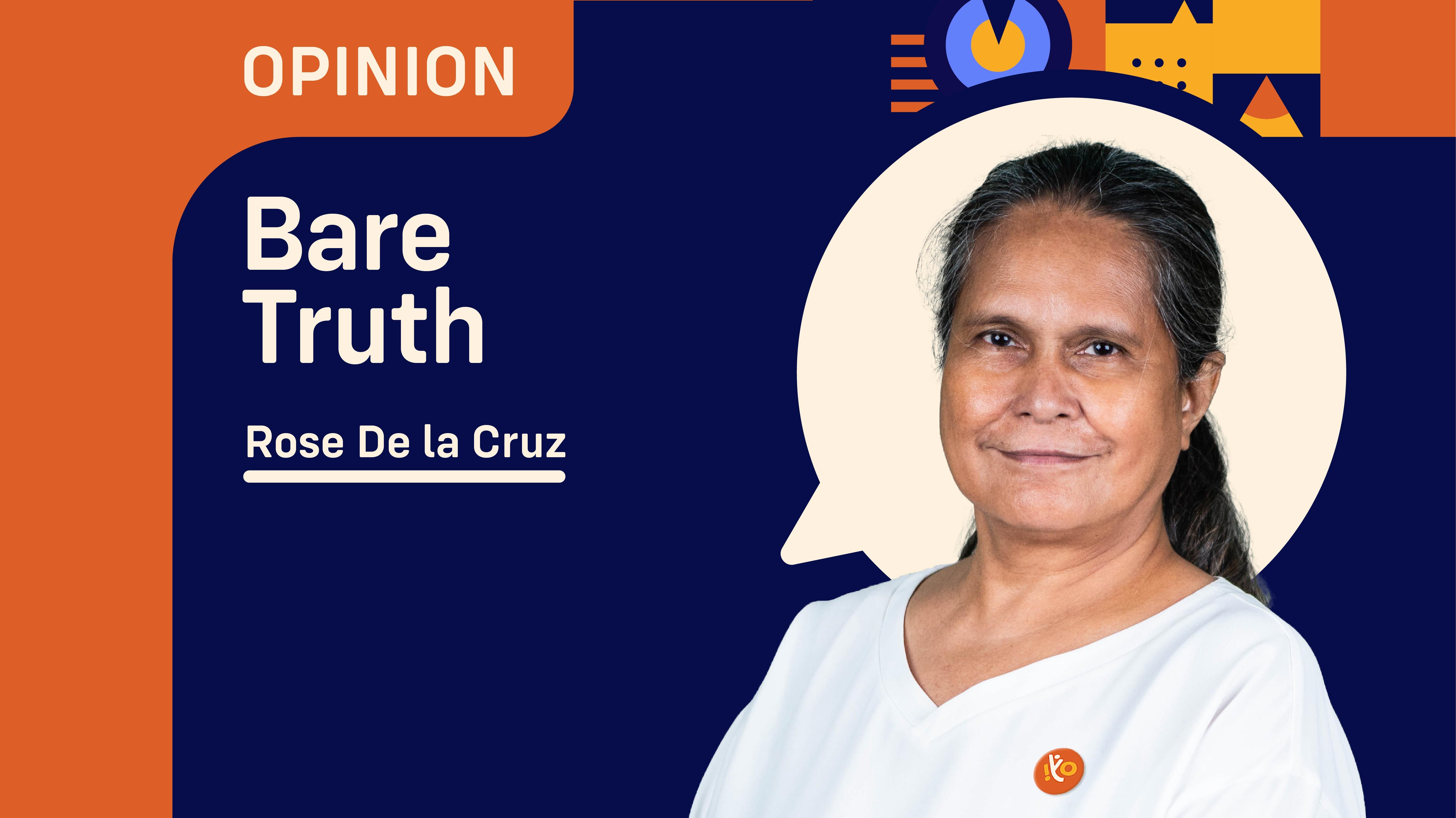Ever since he took the helm on July 1, 2022, President Ferdinand R. Marcos Jr. has vetoed five bills passed by the 18th Congress, most (if not all) of them well-studied, subjected to hearings and public consultations and have impact on the country’s day-to- day affairs.
I don’t think he lacked for time to review them. Perhaps he tossed it to someone in his office, say the Executive Secretary to review and make recommendations. I just hope they were not shelved for nothing and then later passed on with a recommendation to the President to disapprove or veto.
At the rate Marcos had been vetoing bills (two just on his first week in office), senators are becoming wary of this “veto spree” as they call it now.
So far, Senators Chiz Escudero and Sonny Angara have pitched ways to avert this “veto spree,” according to the Business Mirror.
Escudero on Monday called on Marcos to appoint with urgency a “high-caliber Cabinet member” as head of the Presidential Legislative Liaison Office (PLLO) to serve as an effective point person between Malacañang and Congress in pursuit of the Chief Executive’s legislative agenda.
He issued the statement to avoid another incident of what he called a “bill vetoing spree” of Malacañang as the President vetoed five measures approved by the previous Congress, the latest being the tax exemption of the honoraria for teachers doing poll duties.
The appointment of a PLLO head, whose role is crucial in maintaining a harmonious working relationship between the Executive and the Legislative branches, must pave the way for the convening of the Legislative-Executive Development Advisory Council (LEDAC), a body created under Republic Act 7640 during the Ramos administration, to discuss the administration’s priority bills and come up with a common legislative agenda, Escudero said.
He said the appointment of the PLLO chief is crucial and will make sure that “months, man hours and millions spent” in crafting a bill will not go to waste if these will be vetoed because contentious provisions have not been ironed out in part due to an ineffective and inefficient PLLO.
Escudero said the future PLLO chief, who will have the rank of secretary and will sit in the Cabinet, must be someone who could work with Congress in ensuring that the proposed laws it had passed are “veto-proof.”
“He or she must have the policy grasp and the political gravitas in helping craft laws that fuse the best ideas from the Legislative and Executive branches. The presidential point person in Congress must wade into policy work and must know what provisions in a bill being discussed might run into opposition later in the executive circles,” he pointed out.
If the PLLO will merely report what is ongoing in both chambers of Congress “then that person is no better than a CCTV.” “Kung Marites lang siya, manood na lang siya ng YouTube because plenary and committee hearings are livestreamed there,” he said.
While the person’s role is to push Malacañang’s advocacy in Congress, Escudero said the PLLO must also persuade the Palace to see the merits of congressional counterproposals.
“Therefore, the chief PLLO must have the political savvy to build a sturdy two-way bridge that will facilitate the traffic of best ideas from both sides.”
In case a Cabinet secretary has a wrong position on an issue, or a provision in one bill needs correcting, it’s the PLLO’s job to make sure this is changed, “and not to tolerate it.” Escudero added that, “doing so will protect the President. Lawmaking is a series of compromises and reconciliations. The process has many points in which the PLLO can make suggestions.”
More LEDAC meetings–Angara
Meanwhile, also as a way of averting another “veto spree,” Sen. Juan Edgardo Angara for his part pushed the holding of more meetings of the LEDAC to ensure a sustained meeting of the minds between the Executive and Congress on the priorities of government.
In a radio interview on Sunday, Angara pointed out that LEDAC meetings had become few and far between in recent years and lamented the effect of this on the professional relationship between the two branches.
The LEDAC was created in December 1992 during the term of President Fidel V. Ramos, by virtue of RA 7640, as a consultative and advisory body to the President who chairs the NEDA Board on certain programs and policies essential to the realization of the goals of the national economy.
The LEDAC is composed of 20 members with the President as chairman and the following as members: the Vice President, Senate President, Speaker of the House of Representatives, seven members of the Cabinet designated by the President, three members of the Senate designated by the Senate President, three members of the House of Representatives designated by the Speaker of the House, a representative of the Local Government Units (LGUs), a representative from the Youth Sector and a representative from the Private Sector.
My take
I totally agree with their proposals. Calling a LEDAC meeting (but first he must consult the membership on both legislative and executive branches) will iron out many misunderstandings about bills that have been passed and pending his approval. And, Marcos can also push his own legislative priorities to the LEDAC to ensure he gets what he wants.
Besides, Marcos should know this because he had been a senator once. He should know the dynamics between the two branches so that things will proceed more smoothly for both camps.
